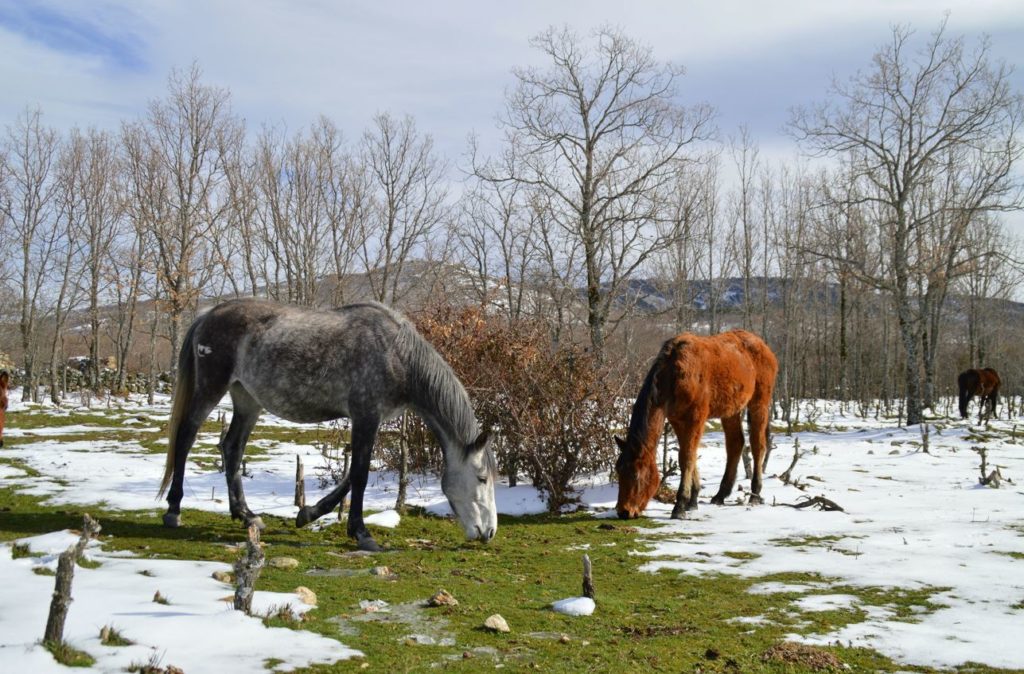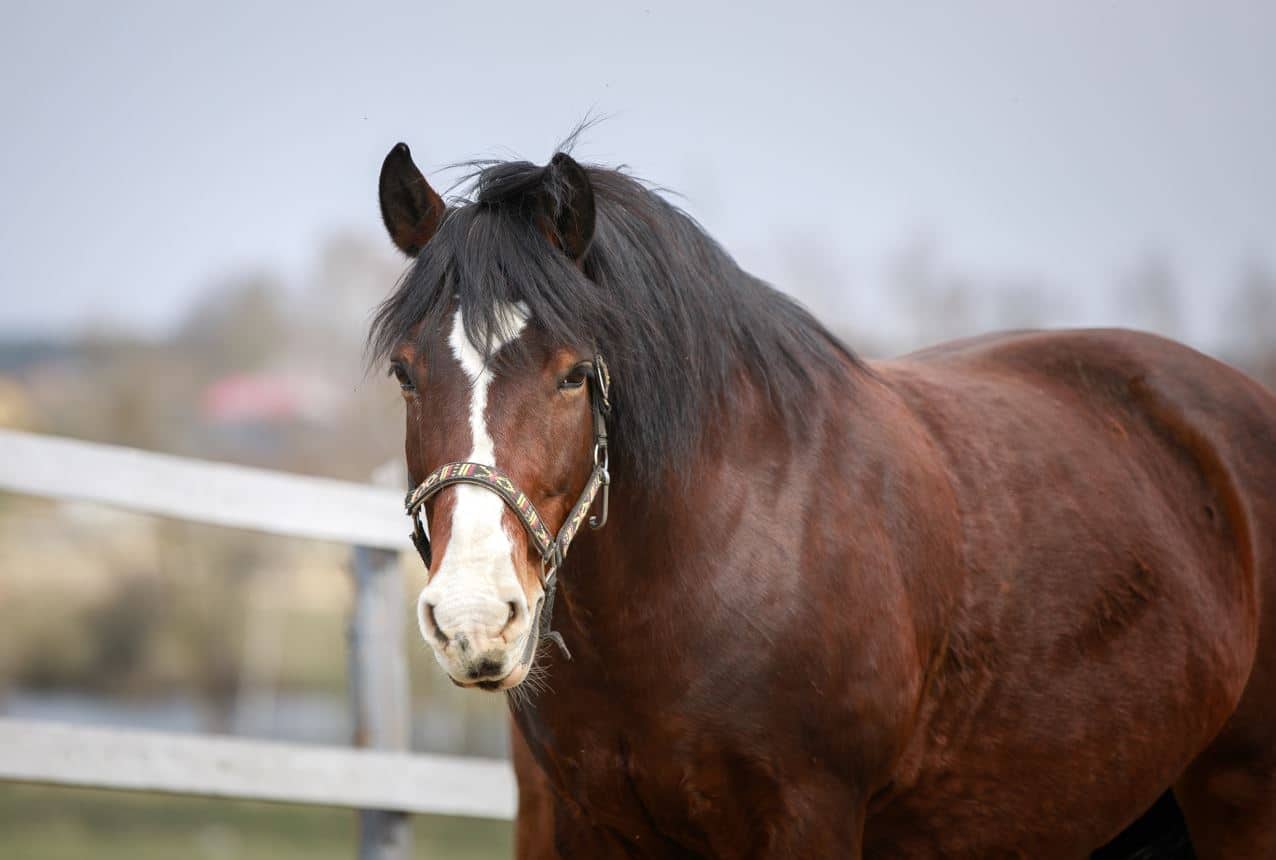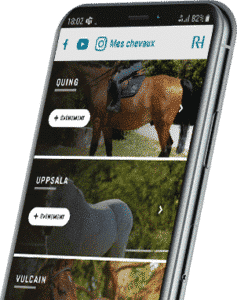Why is my horse overweight?

Overfeeding and underfeeding are usually the cause of weight problems in horses, but are not the only factors.
The problem of overfeeding the horse
Forage and feed quantities should be adjusted according to your horse’s breed, weight and daily exercise.
You should check the energy content of your daily ration with the help of your specialized technician or your veterinarian.
If your horse’s overweight problem persists, contact your veterinarian.
Why is my horse skinny?

My horse lacks food
Unlike overfeeding, some horses do not receive enough feed for their weight and daily physical activity.
Daily rations must therefore be adjusted. (see: ration calculation)
Some horses are also overfed in terms of protein content.
How do I manage the protein I give my horse?
Too much protein is particularly harmful to horses.
Protein requirements are generally low (no more than 400-700 g of equine digestible nitrogenous material, EDNM, per day for a 550 kg horse exercised 1 to 1.5 hours per day).
When horses lose weight, the immediate reaction is to increase the ration to provide more energy.
However, increasing the feed intake very often results in excessive protein intake per day.
This is true when the protein content exceeds 900 grams of EDNM per day.
This overloads the liver and kidneys, which must filter out the excess protein, which is transformed into ammonia and then into urea.
If the liver continues to be overloaded for several weeks or months, the horse will lose weight.
Large quantities of excess proteins that cannot be digested by the enzymatic flora of the small intestine end up in the large intestine and disturb the microbial flora. A pathogenic (harmful) flora will then settle in the large intestine, producing amines and toxins such as Salmonella and Clostridium that will pass into the bloodstream (enterotoxemia).
This is usually highlighted, in addition to weight loss problems, by the risk of skin problems, colic, laminitis, difficulties in recovery after exercise and horses sweating profusely or passing excessive amounts of urine.
It is therefore necessary to considerably reduce the quantities of food while conserving the forage (5 to 7 kg per day).
You should also seek advice from your equine veterinarian, who can prescribe liver/kidney treatment for your horse and analyze the problem if it persists.



